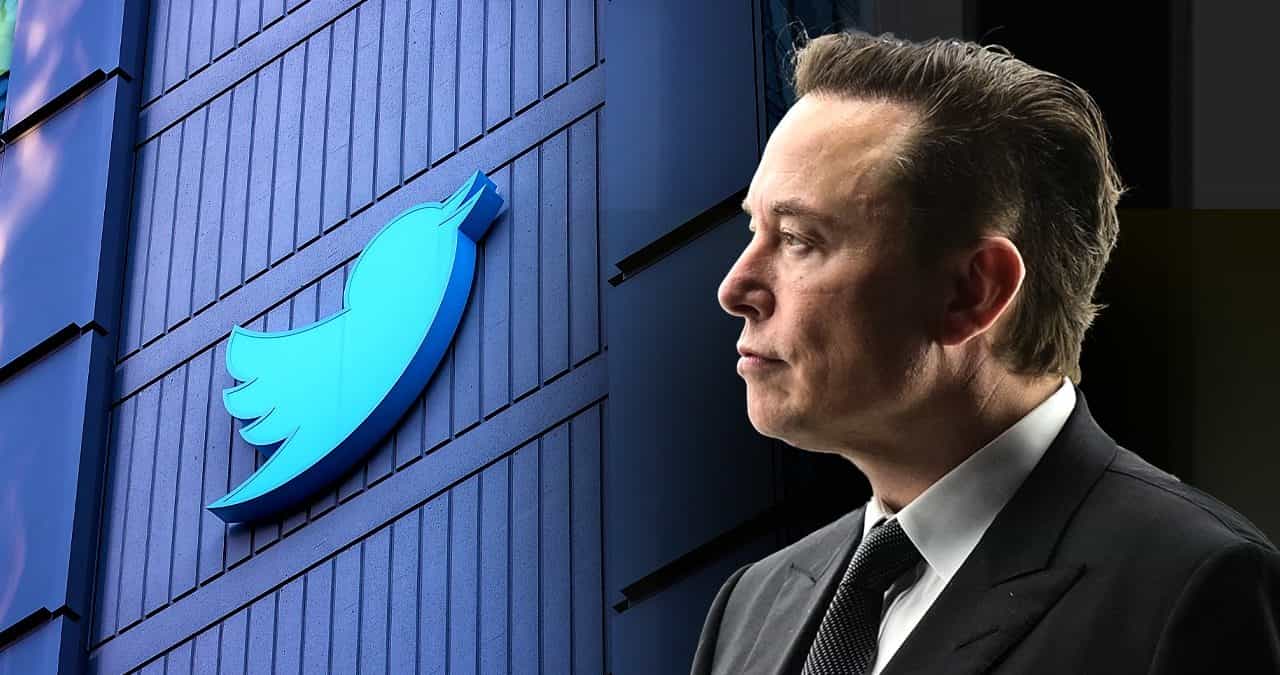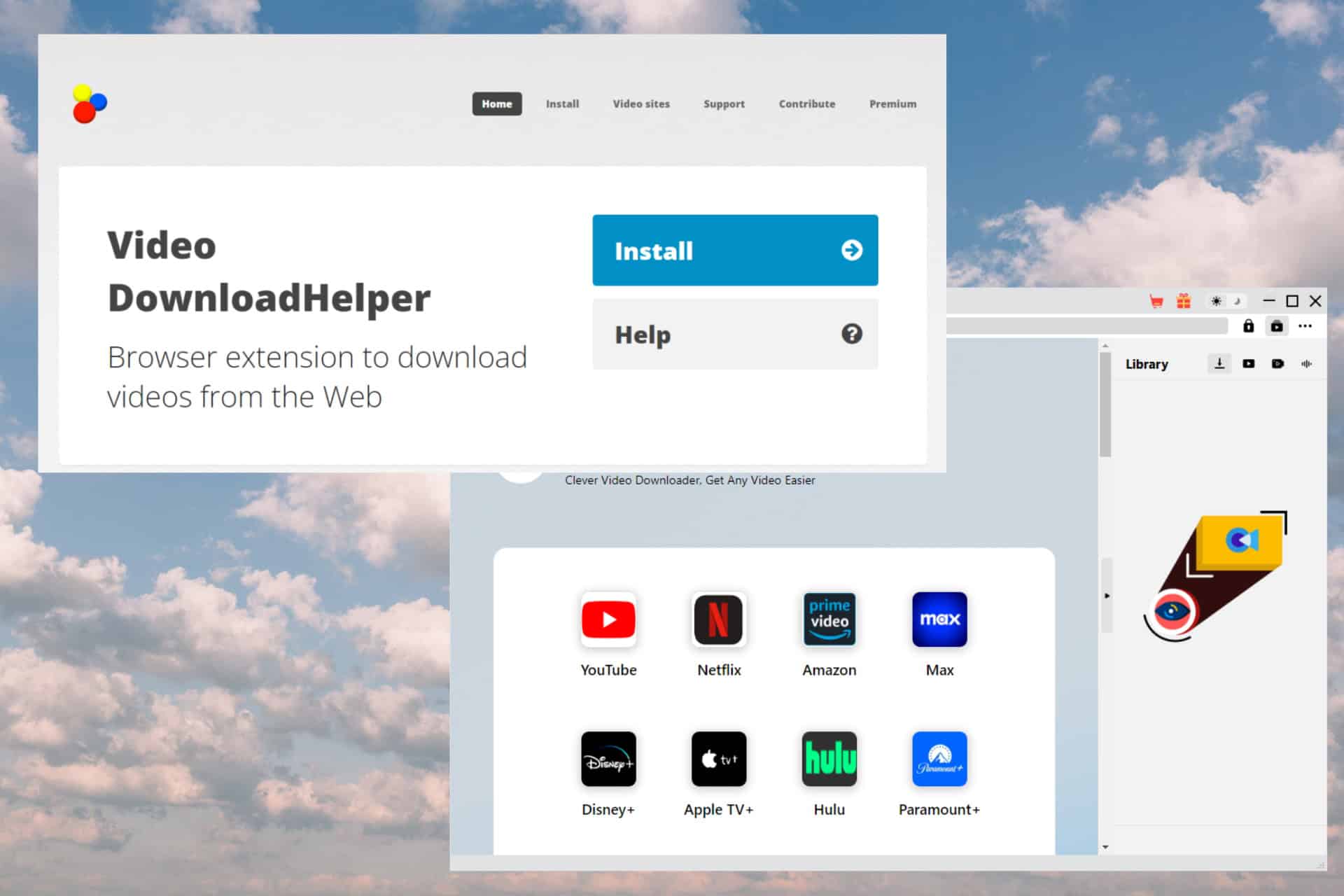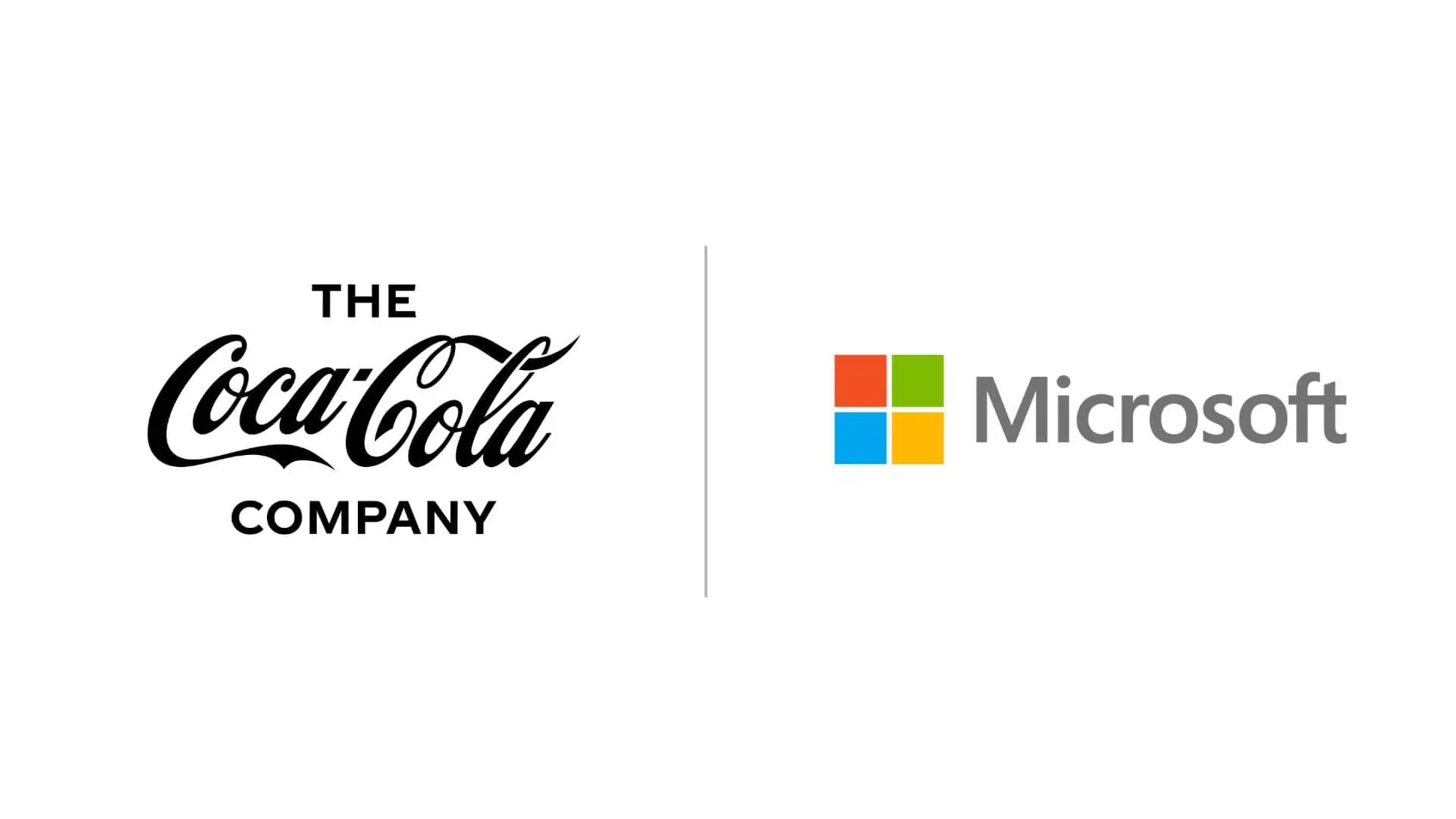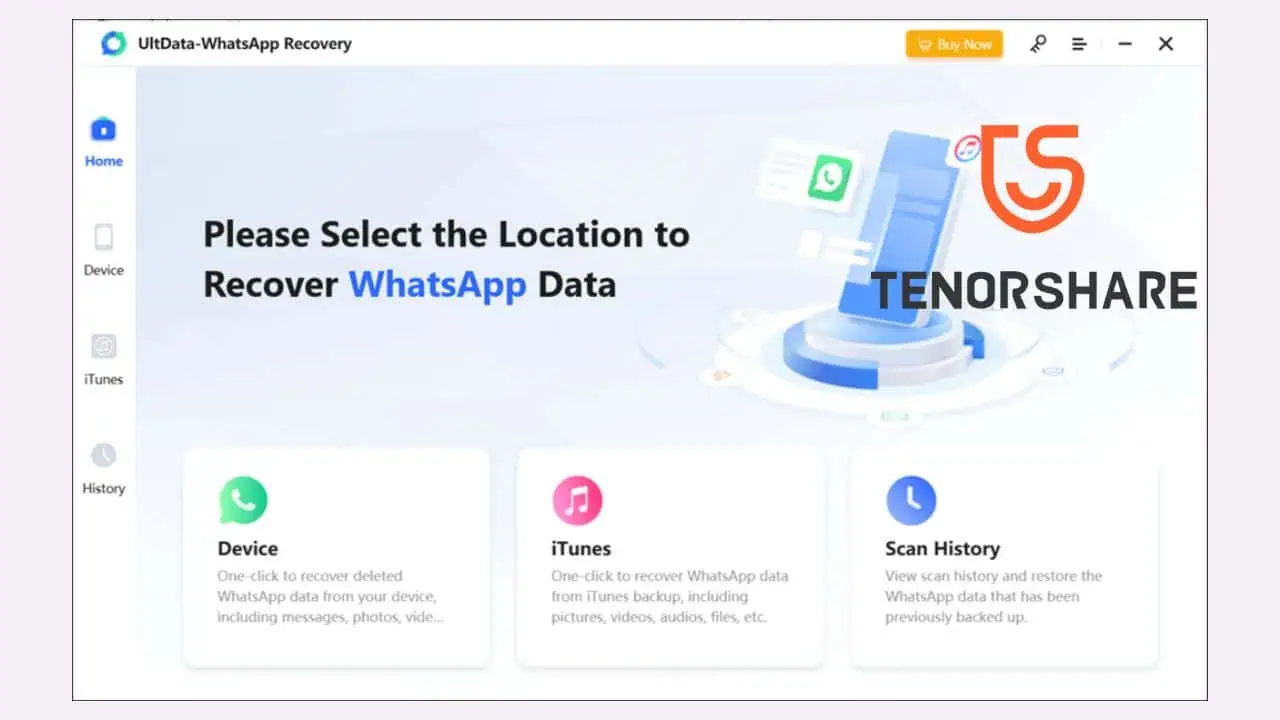All you need to know about Twitter's current bumpy battle with Elon Musk
4 min. read
Published on
Read our disclosure page to find out how can you help MSPoweruser sustain the editorial team Read more

The world of Twitter Inc. is on a bumpy ride right now, with Elon Musk being one of the prominent people holding the steering wheel. After buying a huge lump of shares in the company and being the biggest shareholder, he was offered a seat to serve on the Twitter board. Then, the billionaire refused, but why? It was explained by Parag Agrawal in a note addressed to the company team. And while it looks like a simple just-so-you-know letter, those who know how to read between the lines will sense the juicy meaning being whispered in each sentence. Some believe it was because of the conditions stated in the agreement, including the background check and the fact that it will prevent him from buying larger shares (more than 15%). After the rejection of the offer, Musk did the expected: he offered to buy the entirety of Twitter. What now? Here are the updates and a summary of what you need to know about this roller coaster story between Elon Musk and Twitter.
Telling why Elon Musk rejected the offer for a board position was mind-boggling during the earlier part of this chain of news. Some believe that Musk’s sole reason was to still allow him to express his criticisms of the company without restrictions. Just recently, and as you would expect from Musk, we read some tweets about his suggestions of turning company headquarters into a homeless shelter and Twitter name to be changed into “Titter.” However, as days go by, the billionaire’s true intention floats, especially with Musk updating his SEC filings, where the language blocking him from buying larger shares in the company is removed. Now, it is known that Musk wants to buy the company at $54.20 per share or around $43 billion in total. Yet, according to him, it isn’t an economic move.
“This is not a way to sort of make money. My strong intuitive sense is that having a public platform that is maximally trusted and broadly inclusive is extremely important,” Musk says. “So the future of civilization, but you don’t care about the economics at all.”
The business magnate also explained his attempt for the takeover through a letter sent to Twitter chairman Bret Taylor, which says that Twitter isn’t fulfilling its capability as a platform for free speech. “I invested in Twitter as I believe in its potential to be the platform for free speech around the globe, and I believe free speech is a societal imperative for a functioning democracy,” the letter reads. “Twitter has extraordinary potential. I will unlock it.”
The company said that its board would “carefully review the proposal to determine the course of action that it believes is in the best interest of the Company and all Twitter stockholders.” Still, The Information later reported that the company is not interested in the idea of Musk taking over Twitter.
Twitter introduced a poison pill strategy consisting of a “shareholder’s rights plan” to prevent Musk from taking over the company. The move allows specific shareholders to buy more stock to prevent hostile takeover attempts from an outsider. However, Musk said that he has a Plan B.
With this, Twitter employees remain with worried hearts about the company’s future, particularly about the possibility of layoffs. Many also fear that it won’t be the last of Musk’s attempts to take over the company, which is probably true. Twitter seems to manage to prevent Musk’s hostile takeover this time with a poison pill, but would it be able to dodge the billionaire’s next moves in the future? And in any case Musk succeeds, should the company be happy with Musk’s plans to help Twitter attain its full potential as a platform for free speech? From a man with a nebular concept of what free speech is, it would be a heck of a transformation for the entire Twitter Inc.








